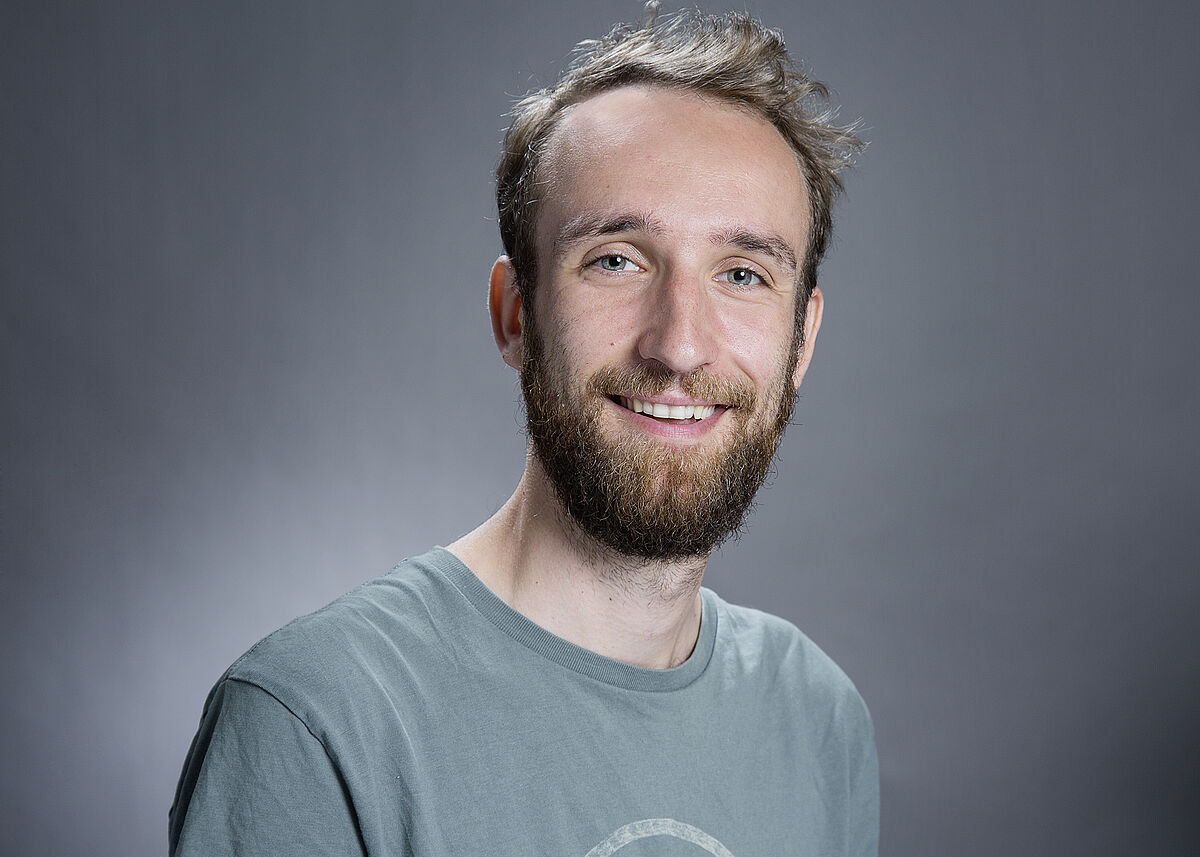Erik Grünke
+49 381 498-8463
erik.gruenke(at)uni-rostock.de
Universitätsplatz 5, 18055 Rostock
Dissertation Title
Hermeneutic Conflict of Shari'a and Politics in Tanzania & Zanzibar
Abstract
We live in a world of normative pluralism. In attempts to conceptually grasp this world, primarily we need to understand, that conflict and (dis)order of several overlapping normative or legal arrangements and interpretations is unpreventable, it is even desirable both as a resource of alternative concepts of order and state-building as well as for an expostulating, democratic discourse in normative plural societies. Instead of quelling normative conflict through state- and territorial-centred approaches or universalistic harmonisation models, this study rather suggest to look at the potentially valuable procedural mechamisms, institutional designs and practices that help to rethink and regulate normative conflict in multi-religious (or multi-ethnic) societies. A popular mechanism in dealing with competing normative orders is to apply for self-determination. However, self-determination itself is vulnerable to hermeneutic conflict if we look at the manifold autonomy requirements and varying degrees of federal and legal status claimed by a number of religious and ethnic groups around the world. Given this underlying ambiguities, this study is limited to islamic hermeneutics of normativity and law in Tanzania in respect to its political implementation models and institutional designs that either fuel or cope the normative conflict in its state-building process. Even more precisely, this study is about hermeneutic conflict of shari’a and their various ways of practicing in context of self-determination politics (demands) in Tanzania, a United Republic (since 1964) of two „autonomous“ countries, Tanganyika and Zanzibar.
Research & Teaching Interests
- Political Islam, Radical Islamic Movements (al-Shabaab, al-Hijra, Uamsho), Shari'a-Discourse, Multiple Secularities, Self-Determination & Separatism in East Africa
- Peace- and Conflict Studies, Critical Intervention Studies, Mediation, Pax-Africana, Local Ownership
- Pan-Africanism, African Socialism, Protest, politico-academic movements in Africa
- Genocide, Memory, Reconciliation
Areas of Research
Somalia, Ethiopia, Kenya, Tanzania, Zanzibar, South Sudan, Namibia
Education
2008-2011
Bachelor of Arts, African Studies, Political Science, International Development Studies, University of Leipzig & University of Roskilde
2013-2015
Master of Arts, Political Science (Area Studies), University of Rostock
Master Thesis: "Wandlungsdynamiken und Radikalisierungstendenzen islamistischer Bewegungen am Horn von Afrika. Über die Widerbelebung einer Pax-Africana.
since 2015
PhD, Political Science, University of Rostock, Dissertation (working title): Hermeneutic Conflict of Shari’a and Politics in Tanzania/Zanzibar
Research & Working Experiences
09/2011 – 12/2011
Intern, Friedrich-Ebert-Foundation, Windhoek, Namibia
07/2012 – 10/2012
Intern, Friedrich-Ebert-Foundation, Africa Department, Berlin
10/2012 - 07/2013
Project Assistant, Friedrich-Ebert-Foundation, Africa Department, Berlin
04/2014 – 07/2015
Student Assistant, DFG-Graduate School „Religion and Belief Systems in Contexts of Hermeneutic Conflict“, University of Rostock
Since 10/2015
Research Assistant, DFG-Graduate School „Religion and Belief Systems in Contexts of Hermeneutic Conflict“, University of Rostock
Field Research
02/2010 - 03/2010 Tanzania
10/2011 - 12/2011 Namibia & South Africa
10/2014 - 11/2014 Ethiopia
02/2017 - 03/2017 Tanzania
Presentations
Grünke, Erik; Mulukwat, Kuyang; Rasheed, Lina; Tanner Mathias; Augustat, Karin (2017): Local Peacebuilding and Conflict Resolution in South Sudan. Summer School „South Sudan – Lessons for Peace- and Conflict Studies, 07.07.2017, Swisspeace, Basel.
Grünke, Erik (2016): Hermeneutic Power – (G)localism – Reflexivity: De- and Co-radicalization in Context of (g)local Islamism in Ethiopia. Workshop „Ist der neue Terrorismus von gestern? 13.-14.10.2016, Max-Planck-Institute for Social Anthropology, Halle.
Grünke, Erik (2015): Somalia - Conflict, Migration, Diaspora. Conference „Country-specific Information about conflict of origin for refugees“, 11.12.2015, Schabernack e.V., Güstrow.
Grünke, Erik (2015): Narrativity and Critical Intervention: Pax-Aethiopica and the Radicalisation of Harakat-al-Shabaab. Lecture (Tim Bredtmann) „Analyses of domestic conflicts“, 10.06.2015, University of Rostock.
Grünke, Erik (2013): The Unknown Identities: Collective Identities and Separatism in Sub-Saharan-Africa. 15.05.2013, Friedrich-Ebert-Foundation, Department International Development Cooperation, Berlin.
Grünke, Erik (2011): The Economic Partnership Agreements between SADC and EC – Namibian Interests within Negotiations. 23.11.2011, Friedrich-Ebert-Foundation, Windhoek.
Organized Conferences/Workshops
23.-25.06.2016: De-colonizing and TransArea-izing Knowledge Production: Conflicts of Interpretation and Aspirations of Prospective TransArea-Studies, University of Rostock.
22.05.2013: Accompanying and Supervising an African Delegation to the First Progressive Alliance Conference, Leipzig.
30./31.08.2012: The African Union at Ten. Problems, Progress, and Prospects. Friedrich-Ebert-Foundation, Africa Department, Berlin.
10.-13.11.2011: Conference on Land Reform and Resettlement Program – towards an accelerated, sustainable, just and equitable land reform for poverty alleviation. Friedrich-Ebert-Foundation, Windhoek, Namibia.
26./27.10.2011, Transforming the Informal Sector for Economic Development, More Productive and Decent Work – Launch of Namibia Informal Sector Organization and Stakeholder Conference. Windhoek, Namibia.
Memberships
- African Studies Association in Germany (VAD)
- Centre for Asian- and African Studies, University of Kiel (ZAAS)
- CrossArea. Association for Trans-regional Studies
- German Association for Peace- and Conflict Studies (AFK)
- African Law Association Germany

